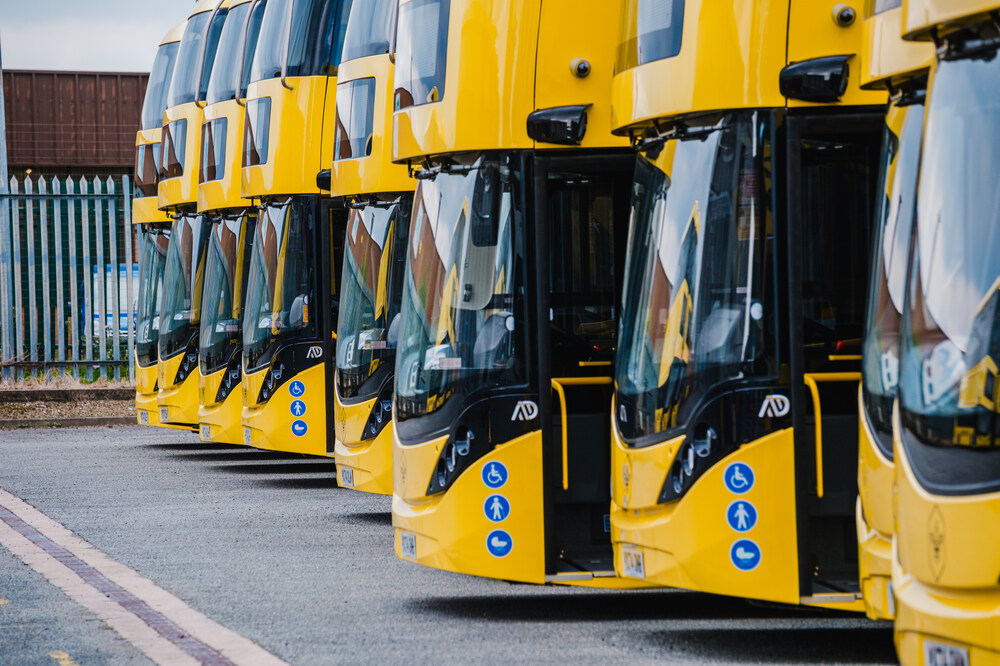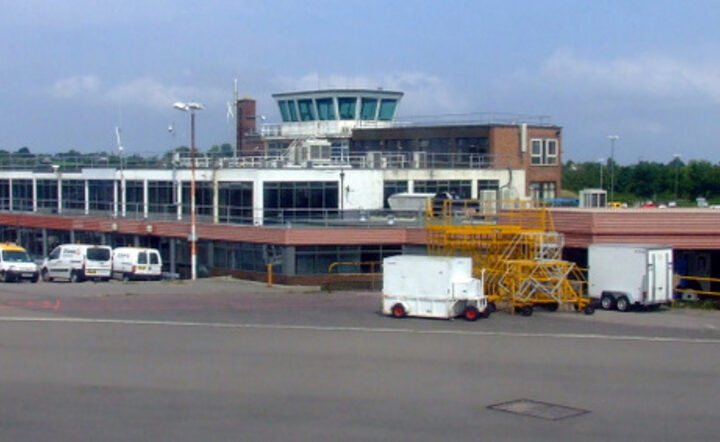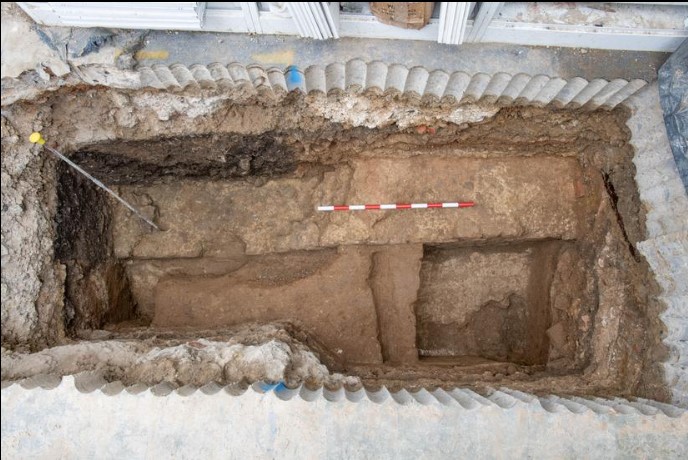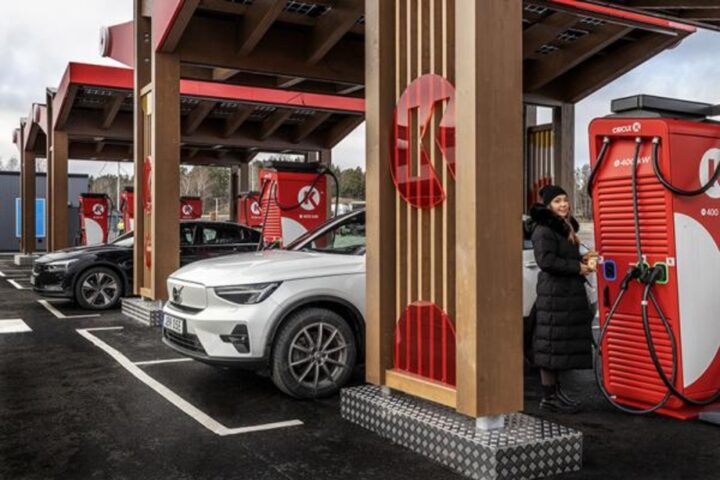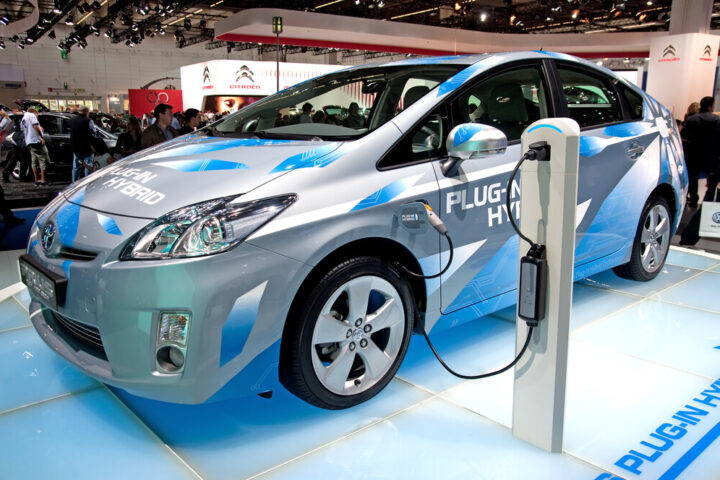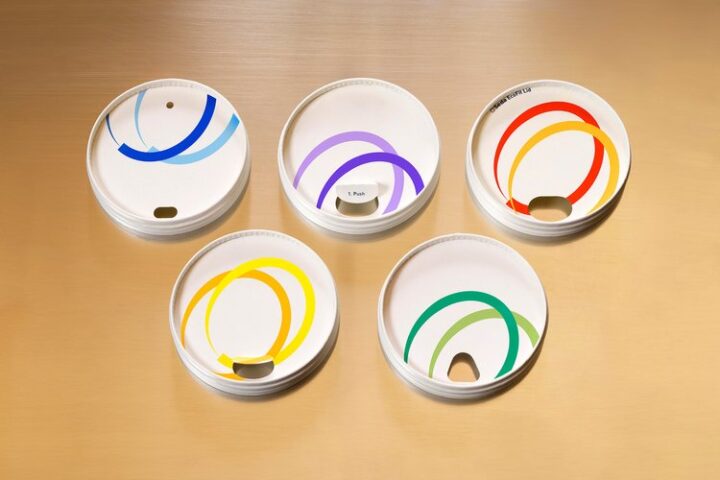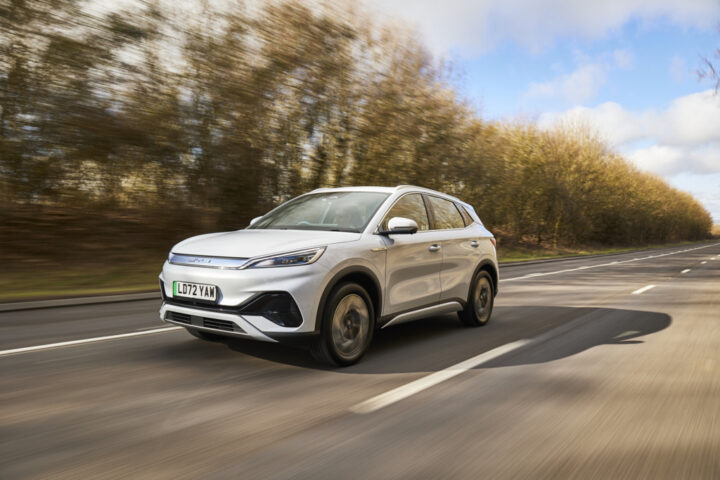Getting around Manchester is becoming cheaper and simpler as the city launches its biggest change to public buses in nearly 40 years. The new system helps families save money and makes daily travel easier for everyone.
The Bee Network, Manchester’s new public bus system, now charges just £2 for any adult bus ride and £1 for children. This is good news for regular bus users, as it’s much less than the UK’s national fare cap of £3. A major benefit for shoppers and commuters is the new “hopper” ticket – you can take as many Bee Network buses as you like within an hour of buying your first ticket, at no extra cost.
“Our mission was to make getting around Greater Manchester easier, cheaper and more reliable,” says Andy Burnham, Mayor of Greater Manchester. “We’re cutting the price of travel to get more people on board and putting an end to the complicated and disjointed tickets that people have previously struggled with.”
Similar Posts
The new system brings real benefits to daily life. A monthly bus pass now costs £80, while weekly passes are £20. For people who use both buses and trams, there’s a new daily limit of £9.50 starting March 2025, meaning you won’t spend more than this no matter how many trips you take.
More than half the buses (54%) in south Manchester are new vehicles, with this number rising to 66% by April. The city is also making buses easier to use – you’ll be able to tap your bank card when getting on and off, just like in London, starting March 2025.
When the system started in Wigan and Bolton in 2023, there were delays and cancellations. Similar issues happened in Oldham and Rochdale in 2024. However, Vernon Everitt, who oversees Manchester’s transport, says these problems are being solved: “It’s not perfect, but it’s getting far, far more reliable.”
Not everyone thinks the changes are good. Laura Evans, who ran for mayor, worries about costs: “If buses aren’t full, taxpayers will have to pay extra to keep them running.” But city leaders say better bus service is worth the investment, as it helps people get to jobs and reduces traffic.
Looking ahead, Manchester plans to connect its buses with trains by 2028, making it even easier to use public transport. For now, the success of these changes depends on people using the new bus network. As Mayor Burnham says, he hopes people will “leave the car at home more and more” in 2025.
The changes in Manchester could influence how other UK cities run their buses. For families struggling with transport costs, workers commuting daily, and anyone trying to save money on travel, Manchester’s new bus system offers a glimpse of how public transport could become more affordable and convenient.
